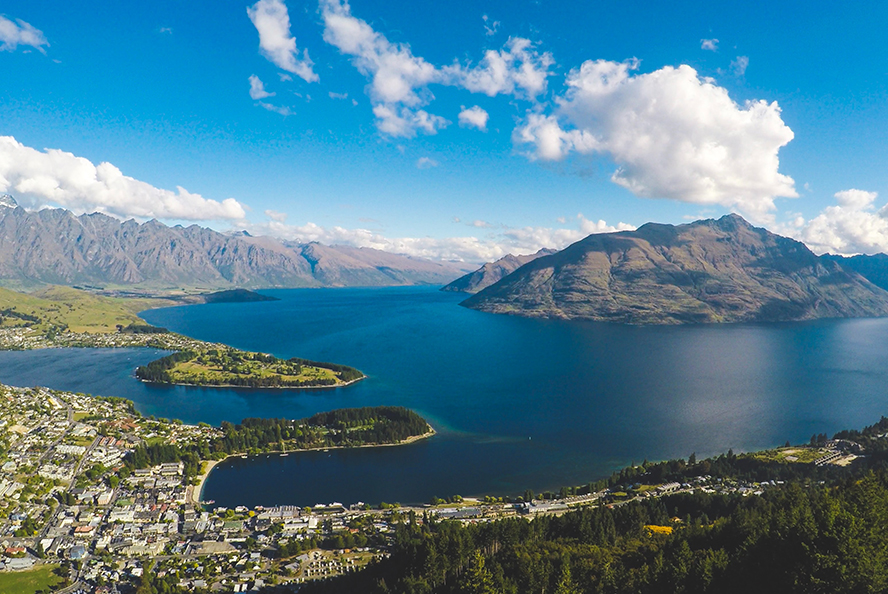Every year, over 130,000 international students choose to study at Canadian universities. In addition to a high-quality education system, Canada also provides numerous possibilities of career and a vibrant culture. Research, Scientific publications, and International Collaborations are three of the main aspects that Canada and its academic institutions focus on.
1. Apply at a Canadian university and get your acceptance letter
We will help you to find the suitable course in college/university to study in Canada which will help you to decide before you can start your application. After being accepted at a Canadian college/university, you’ll get an acceptance letter.
2. Check if you need to apply for a student visa in Canada
You don’t need a study visa if one of the following situations applies to you:
• You are a family or staff member of a foreign representative in Canada, who is accredited by the Department of
Foreign Affairs, Trade and Development Canada.
• You enrol in a study programme that lasts less than six months.
• You are a member of foreign armed forces from the Visiting Forces Act.
• You are a citizen of another country, but you have an Indian status registered in Canada.
Remember that the study permit/visa does not act as a regular visa, which allows you to enter or travel to Canada. For that, you will need a travel visa or an Electronic Travel Authorization (eTA).
3. Start your application for the Canadian student visa
As soon as you get the acceptance letter from the college/university, it is time to proceed to the next step: applying for a student visa, which is locally known as a study permit.
The first steps you should do to obtain your student visa:
• We will Apply for your Canadian student visa, on the Citizenship and Immigration Canada (CIC) portal before you
arrive in Canada.
• Deliverproof of sufficient financial resources to support your studies in Canada (tuition fees and living expenses)
as per the case
• Present proof confirming you have no criminal record.
• Submit clinical records that state you are in good health; submit complete medical examinations if required.
According to recent visa regulations, if you have a family member working or applying for a work permit in Canada,
the application for your study permit will be processed in two-four weeks. You may renew or extend your study permit if:
• you wish to continue your studies
• your programme has an extension
• you change your university
The study permit expires 90 days after your studies are finished (when you receive a notification of the programme completion). You can still stay in Canada to travel and explore or apply for a work permit, which allows you to take a full time or part-time job, or even be self-employed. This period is usually one to three years depending on the course persued by you.
4. Prepare all required documents for the student visa in Canada
• Filled-in student permit application form
• The original letter of acceptance from the university
• A valid passport/travel document, which also allows you to return to your home country. If you live in the
USA, this is not necessary.
• Two recent passport-size photographs, with specifications of name and date of birth on the back
• Proof of financial support during your study programme. This means proving you have between 10,000 and 11,000
CAD per year for living in the country.
• A letter of intent
• If you plan to study in Quebec, you will also need a Certificat d’acceptance du Québec, English and French
translations of your document, a statement from the translator and a certified copy of the original documents
• Proof that you paid the study permit fee (150 CAD)
Remember that the study permit/visa does not act as a regular visa, which allows you to enter or travel to Canada. For that, you will need a travel visa or an Electronic Travel Authorization (eTA).
5. Language requirements for studying in Canada
Proof of English language skills is not included on the list of required documents for a Canadian student visa.
But unless you come from an English-speaking country, Canadian universities will require you to submit proof of English
language proficiency. Accepted language tests:
• IELTS Academic
• TOEFL iBT
• PTE Academic
• C1 Advanced

*The above scores are only indicative in nature. The actual score will depend on the conditions prevailing at the time of admission and may differ from institution to institution.
6. Biometrics appointment and interview
Depending on your nationality, you might have to show up at a Visa Application Centre in your country to have your biometrics taken. The biometrics fee is 85 CAD. This fee is in addition to the regular visa application fee. Some countries are exempt from this biometrics requirement, so their citizens won’t need to visit an application centre at all.
Depending on your individual situation, you might also be called for an interview. Local visa application centres will charge a small fee for using their services which is to be borne by you.
7. How long does it take to receive the Canadian study permit?
After applying for your Canadian study permit, the processing time may take up to 90 days, but it’s usually faster. This also depends on the prevailing situation.
Fees start at 150 CAD and the processing time is usually around 30-50 calendar days. The Student Direct Stream is
only available for students from the following countries:
• China
• India
• Morocco
• Pakistan
• The Philippines
• Senegal
• Vietnam
Funding
A student planning to apply under Student Partners Program (SPP) process needs to purchase a Guaranteed Investment Certificate (G.I.C.) account and deposit CAD$ 10,200 as a proof of their living expense for one year in their own account in their country
8. The Open work Permit will be issued to the dependent applicant and allowed to work with any employer for full time.
9. After the education and work experience, we will apply for the Permanent Residence based on the eligibility of the program prevailing at that time






